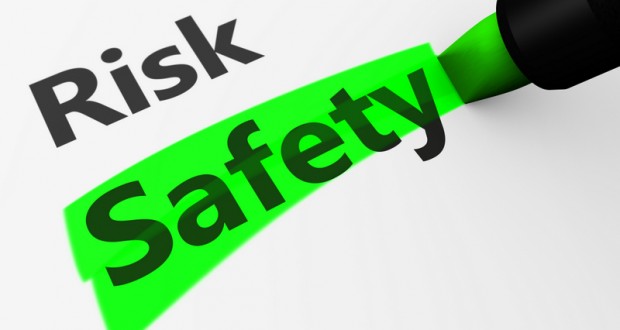By: Red Hot Mamas
Published: October 9, 2015
Contributed by Mache Seibel, MD- Red Hot Mamas Medical Expert
At this year’s Annual Meeting of the North American Menopause Society, there was a lot of discussion about the safety of vaginal estrogen. It turns out that of the 64 million menopausal women in the United States, 32 million have vaginal dryness or a condition called vulvo-vaginal atrophy (now called genitourinary syndrome of menopause). What that means is the tissue of the vagina become thinner and dryer and narrower. It is all due to lower estrogen levels and it’s easy to see how women would want to be treated for those symptoms.
But it turns out they usually don’t get treated. In fact, only about 10% to 20% of women ever talk about this very common problem with their doctor and only 7% ever get treated. I discuss this in great detail in my book The Estrogen Window coming out in April of 2016.
Why are the numbers so low? Why do so few women get treated or ever talk about this challenging problem?
The top reasons are:
1) because the symptoms start about 2-3 years after menopause, it doesn’t seem related to menopause.
2) many women don’t know there are effective treatments
3) many women are embarrassed to discuss it and
4) many women believe vaginal estrogen will be helpful but are worried about getting breast cancer from vaginal estrogen.
In fact, there is virtually no risk that taking vaginal estrogen will lead to breast cancer. It is true that small amounts of estrogen placed into the vagina may get into the blood stream. But how much? If you were to use the vaginal estrogen pill Vagifem for instance for one year, the amount of estrogen that would get into the blood stream would be approximately the same amount that would get into your blood stream from taking the birth control pill for one day. One year of treatment = one day of the pill.
Why do women think vaginal estrogen will cause breast cancer? because the FDA requires that every estrogen containing product has a “black box” warning that says estrogen can cause breast cancer, even though there is not evidence that vaginal estrogen can cause breast cancer. And as I point out in my book, The Estrogen Window, if women take estrogen shortly after they enter menopause for 5 years and in some situations even much longer, there is actually a reduction in breast cancer.
Relief of painful sex and vaginal dryness doesn’t have to be something you grin and bear. In November of 2016, there will be a hearing in congress to try and get the “black box” warning removed. I hope we are successful in achieving that. In the meantime, if you are one of the 32 million women with painful sex or vaginal dryness, talk with your healthcare provider about vaginal estrogen.
For a free download of my latest eBook, visit www.FreeMenopauseEBook.com.
 Red Hot Mamas In Charge of Change.
Red Hot Mamas In Charge of Change.

